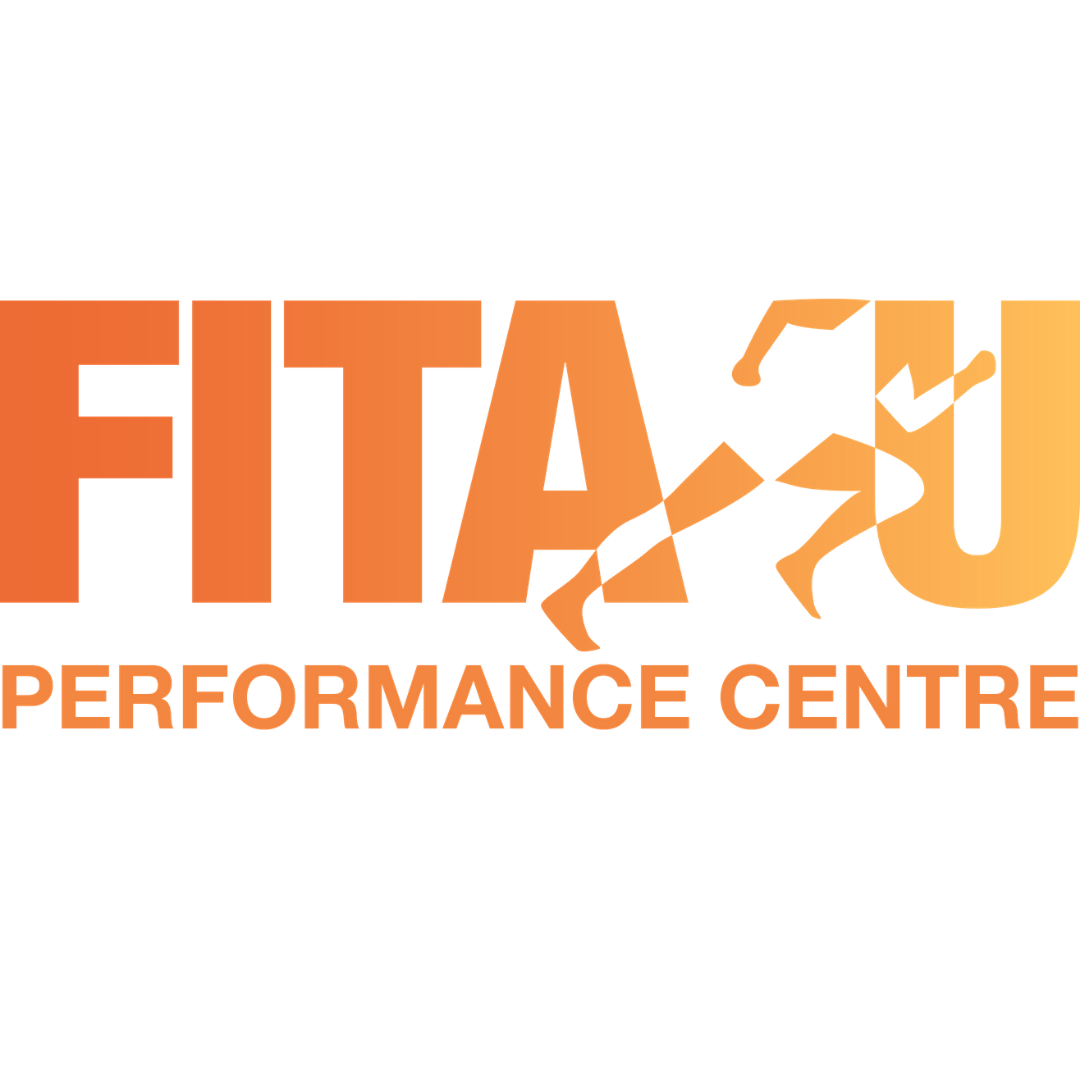Why You Shouldn’t Cut Out The Carbs
Years ago it was the theory that ‘Fat made you Fat’ now it’s ‘Carbs make you Fat’. It seems the world cant make its mind up as to what will really help to achieve the best performance and optimal body composition. In short, you don't need to cut out carbs. Actually, avoiding them altogether could be your biggest fuelling mistake.
Want to know the truth about carbs and how they can actually increase your performance and ultimately improve your body composition? Keep reading.
First off we have 3 macronutrients that make up the food we eat, protein, carbs and fats. They all contribute towards helping our body to function optimally in everyday life along with our performance while training and rate of recovery. So when you think that jumping on a low carb diet will solve your fat loss problems, you could actually be steering towards even greater problems:
A sluggish metabolism
Lower levels of muscle/strength-building hormones (e.g. growth hormone and testosterone)
Higher levels of stress hormones (e.g. cortisol)
And you might find yourself feeling cranky, tired, weaker, or even sick.
While a low carb diet can drop weight quickly, for the majority of people it is very challenging to stick to for a long period of time; ultimately one must face facts and realise that carbs are everywhere, even in fruits and vegetables. You can thank the drop in body water and glycogen for that nice initial weight loss – if you’re not eating carbs, your body can’t store them. We store ~500g of ‘storage’ carbohydrate, or glycogen, in the body; each gram of glycogen can hold up to 4g of water .. that’s two very quick kilos of weight loss that has nothing to do with fat, which means as soon as carbs come back in, you regain that weight!
Most Of Us Need Carbs
The majority of us will look, feel, and perform our best when we consume a good balance of a reasonable amount of lean protein, quality carbs, and healthy fats.
Your individual carb intake depends on your:
goals (fat loss, muscle gain, maintenance)
current health state (different body types, medical conditions)
carb source (refined versus minimally processed)
activity level (sedentary, weight-training, endurance athlete).
So when is the best time of day to consume carbs?
It largely depends on what your goals are and recommends the below guidelines:
If you want to drop body fat: eating carbs in and around training (also known as carb periodization) means that the carbs you’re eating are being used immediately for fuelling your training, or for replenishing used glycogen stores. A perfect example of mistimed carbs would be eating a carb-heavy meal before bed – if you haven’t trained that evening or you’re not training tomorrow morning, those quick-burn energy molecules will bypass energy utilisation, and get redirected to fat storage! Have a piece of fruit pre-training for a small hit of carbs, and ensure your meal post-training has a carb element (e.g. muesli at brekkie, or brown rice with dinner).
If you want to gain mass: eating sufficient carbs throughout the day will help to fuel muscle growth and repair. Periodising carbs becomes less important for you, because eating carbs consistently throughout the day means that your body is fuelled sufficiently in terms of its storage carbohydrate as well as its freely circulating carbohydrate. If these levels get low, the body starts to draw from our amino acid pool for energy reserves, and ultimately this is drawn from our lean tissue (aka your muscles that you’ve worked so hard for!)
So finally, what types of carbs should I be eating?
Aiming for the least processed varieties will put you in a good position because complex carbs take longer to process (meaning they’re harder to overeat!), and they come complete with a range of great nutrients including B vitamins (that help with metabolism, and promote a healthy immune system and nerve function). The best rule of thumb is “dark and rustic” – think grainy brown bread, skin-on root veggies like sweet potato, and husk-intact rice like brown or wild rice (this is where all the good stuff hides!). Before training is the only exception – your body requires simple carbohydrates here, such as a piece of ripe fruit, or some jam on toast. Simple sugars hit your system quickly and don’t hang around in your tummy, causing gastric upset while you’re trying to train. Don’t forget that a lot of dairy options contain carbs (as well as a good hit of protein, and other important nutrients like calcium). A perfect post-training recovery option!
So remember, carbs are not the enemy. Eat reasonable portions of good quality foods in every category, and do that consistently. Your body will reward you by feeling great and giving you the best performance!
If you would like some help with your nutrition, simply click the button below! With our Head Coach, Ashley Carucci, being a Precision Nutrition Level 1 Nutrition Coach he can more than definitely help you to create some strategies on how to improve your nutrition.
